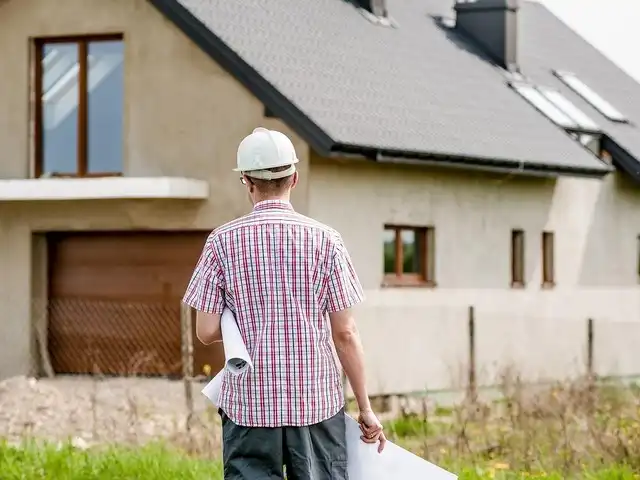
While it’s important to learn from mistakes you definitely don’t need to make all your mistakes yourself, and especially not when it comes to property as these tend to be very costly or unnecessary mistakes.
Carha-Anne Anderson, Office Manager at Leapfrog Durbanville, highlights four mistakes she warns all property owners against.
1. Renovating before you have a real feel for the space
No property is 100% ideal and often we purchase a home with the intention of renovating and changing it to suit our exact needs. And there’s absolutely nothing wrong with wanting to do this but it is a good idea to occupy the space, to really live in the house, to get a feel for the flow, layout and the particular way that you and your family use the space before doing any major renovations.
“Viewing a property while it’s still filled with somebody else’s things – with their particular lifestyle – it’s difficult to get a real sense of the space,” Anderson explains. It’s only when we have our own things in there and we’re living in the space that we can truly get a feel for how to optimise it to suit our exact needs.
“We always recommend that people live in the property for at least three months to see how they move in the space, where the best light is, which rooms are suited for which purposes, and the like, before they knock down walls, add areas and undertake renovations that cost an arm and a leg and that might not be 100% what they want in the end, because they didn’t take the time to ‘acclimatise’ to the property,” Anderson says.
2. Not taking care of maintenance in good time
Maintenance is one of those unavoidable things that come with owning a property. And at some point it is going to cost you money. “Too many of us fall into the trap of waiting until something is falling apart before doing something about it, and that’s when it ends up costing a lot of money,” Anderson finds.
Think about home maintenance in the same way that you think about servicing your car. It’s typically something that only needs to be done once a year, and helps it to run smoother for longer. In the same way, making a point of doing things like cleaning the gutters, inspecting the roof for leaks and testing the thermostat on the geyser once or twice a year is likely to ensure your property looks, lives and ages better!
“Keeping your property in good nick is a way of maintaining its value and its appeal, and is really just a way of respecting your investment,” Anderson believes.
3. Never increasing your bond repayments
It’s the worst kept secret about property, but paying even just R500 more into your bond every month can save you thousands of Rands in interest.
“One of the very best things you can do for yourself, and your financial wellbeing, is to pay more into your bond in a month than the stipulated amount, as the long-term savings of doing this habitually will be really significant,” Anderson advises.
A good idea is to try, as far as possible, to put any extra money you have, from a bonus or a tax refund, into your bond. Similarly, try to adjust the bond repayments in line with any increase in your income. “You won’t be sorry!” Anderson adds.
4. Overcapitalising
Sure, it makes sense to you to install a lift in your two-bedroom duplex townhouse, and of course a hot tub in the main bedroom will be a total spoil, and maybe the floor-to-ceiling marble everything in the kitchen will add value to your property… or maybe you’re overcapitalising completely and will never get back the value you invested into all these nice-to-haves.
“While your comfort and preferences should always enjoy priority, you want to at least spare a thought to whether you’ll get back what you invested, should you decide to sell the property,” Anderson says.
One way to ensure you’re not going overboard is to look at the features and average cost of similar properties in your area. “This information is readily available on property listing websites, and a trusted property advisor will also certainly be able to offer some guidance and insight on the types of structural features and finishings that will add value, and those they won’t necessarily,” Anderson points out.
As with so many things in life, a series of small actions is what makes the difference in the long run, and it’s certainly no different with property.
Author: Leapfrog

